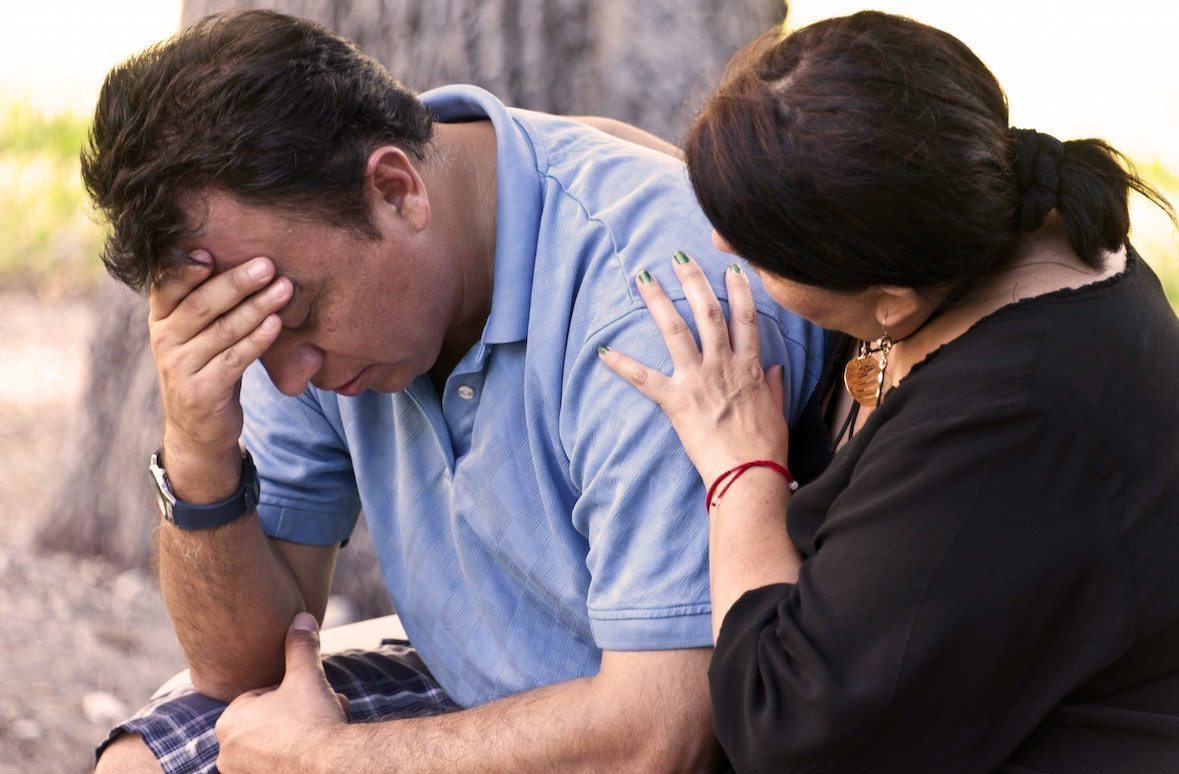How a Dual Diagnosis Treatment Center Can Help You Help Them
Addiction affects the mind, the body, and the soul of the person afflicted. But it also affects that individual’s family and friends. Your loved one may have been diagnosed with an addiction problem as well as a mental disorder, or you may suspect that something like this may be happening. It may be hard to understand or even imagine what your loved one may be feeling or going through; you may even feel completely helpless. But there are little things that you, as someone who cares about them, can do:
Start with You
Although this may seem confusing, centering yourself and making sure you come from a place of love is important. Take some time out so that you may be able to better engage with your loved one, avoid arguments, and shift negative reactions away from your loved one. This includes doing research about dual diagnosis, signs and symptoms, and maybe some dual diagnosis treatment centers so that you can tell them where to go to get professional help. Treatment centers themselves offer said information about dual diagnosis, mental illness and addiction.
Understanding a Dual Diagnosis
If your loved one has been diagnosed with a ‘dual diagnosis’, it means that they are suffering from addiction and a co-occurring mental illness like depression, bipolar mood disorder, or an anxiety disorder. Suffering from addiction and mental health problems separately is hard enough – but their co-existing nature in a dual diagnosis causes an endless aggravation of the illnesses. It’s difficult to pinpoint which one of the two may have been there first (the primary illness), but their cumulative effects can be devastating. It is therefore imperative that they get all the help they need.
Does My Loved One Suffer from a Dual Diagnosis?
Maybe your loved one hasn’t been diagnosed with a dual diagnosis yet, but you suspect that either they have developed a substance problem in trying to deal with some difficult personal issues or with their mental illness or vice versa. There are characteristic features used in the diagnosis or recognition of addiction or mental illness. One thing you can do to help is recognize the signs of dual diagnosis and to contact a professional for a diagnosis and advice.
Signs that are linked to a dual diagnosis include changes in eating or sleeping habits, your loved one’s interest (or lack thereof) in things they used to enjoy, changes in their personality that persist in sober states, and if they get involved in things that are dangerous (including drugs) or very different from their usual style.
Approaching Your Loved One
This can often feel like the most difficult step. Worrying about their reactions, their feelings, and your relationship with them could make you hesitant. However, the intervention isn’t always negative or difficult; it can be eye-opening and productive for both you and your loved one and it may even bring you closer together.
Some important points to remember:
- Time is of the essence. Pick a time or start the intervention when you are both free. It is more likely to be successful with adequate time to talk and really engage.
- Don’t approach your loved one when they are under the influence of an illicit substance. Their judgment, personality, and self-control are often compromised and may not allow them to reflect on the situation clearly.
- Make sure you approach them with empathy and without judgment. They need to know that you are there because you love them and want to help them; that this is about them, not you or your opinions but them, their health, and future.
- Ask them how they are feeling and try to use open ended questions and short sentences. This is meant to make them feel encouraged to participate and share and not feel bombarded or lectured. Sharing feelings, knowledge, and opinions about their diagnosis or about the possibility of a dual diagnosis is an important step in their acceptance of a problem and willingness to change.
- Encourage them, support them, and let them know that acceptance and change are big, brave steps.
- Rome wasn’t built in a day so remember that this may require more than one intervention.
- Don’t take responsibility or beat yourself up for the decisions of your loved one. Your aim should be to show them that you love them and present them with options. It is up to them to decide.
Is There Help?
Although there are many rehabilitation facilities all over the country, there are certain treatment centers that specialize treating patients with a dual diagnosis. The programs in dual diagnosis treatment center differs from those in normal rehab facilities as the mental disorder and the addiction need to be treated simultaneously. If concurrent treatment for both disorders is not conducted then there is a very slim chance of recovery for either problem as they are so closely linked.
These treatment centers offer a host of interventions all aimed at rehabilitating the mind, body, and soul. They include medical intervention, physical rehabilitation, counselling in private and in groups, detox programs and support groups. Approaching each client individually, your loved one’s every need during the rehabilitation process will be addressed.
Dual diagnosis treatment centers, like Beachside Rehab, can help you help your loved one take control of their life. Empathetic, patient, and well-versed professionals will provide personalized care to ensure a successful and life-long rehabilitation. Always remember that it’s never too late and it’s never impossible with love. Call us today to find out more about dual diagnosis and getting your loved one the treatment they need.
